Ronnie Spector (August 10, 1943 – January 12, 2022) – You'd Be Good For Me (1975)
Here's why an amazing disco anthem by Ronnie Spector never caught fire. Spoiler alert: her ex-husband Phil had a history of sabotaging her records.
(Note: we just launched paid subscriptions with extra special incentives to sign up. Read the announcement for full details on the future of Jointz Of The Day.)

Watch video on Twitter
View most updated version of this post on Substack
Search our full archives
The sixties girl group icon Ronnie Spector seemed ready to re-launch her career in 1975 as a disco diva with the amazing dancefloor anthem “You'd Be Good For Me.” But her ex-husband Phil had a history of sabotaging her records. Here's why it never caught fire and remained overlooked.
On September 6, 1975, Billboard magazine published its weekly list of recommended records. One was the latest single by Ronnie Spector, “You'd Be Good For Me,” an upbeat disco anthem with stellar backing vocals. It was the Ronettes sound updated for the disco era.
The following week, Billboard again spotlighted the single in its Club Dialog column:
“Looks like Ronnie Spector of Ronettes fame is going to have a strong disco entry on her hands w/ 'You'd Be Good For Me' on RCA-distributed Tom Cat Records.”
- Billboard, 9/13/75.
It was co-written by keyboardist Barry Goldberg (one of the co-founders of the Electric Flag along with Mike Bloomfield and Buddy Miles) and lyricist Gerry Goffin, who was Carole King’s first husband and songwriting partner. Jimmy “Wiz” Wisner arranged it, and the track was produced by Edward Germano, who earlier that year in March, 1975 had bought the Hit Factory recording studio in New York City from producer Jerry Ragavoy.
“You'd Be Good For Me” was released on the newly founded Beverly Hills-based label Tom Cat Records, owned by Neil Diamond's longtime producer Tom Catalano. Former Sweetwater lead singer Nansi Nevins’ self-titled solo album was also issued by Tom Cat in 1975.
The lucky ones who heard this record loved it. Promotional 12" copies intended for disco DJ's were pressed on distinctive red vinyl.
Yet it never even charted. Disco was hot in 1975 and even mediocre records were selling and becoming hits. Why not this great one?
Ronnie escaped from her oppressive life with Phil Spector in 1972 and divorced him two years later. She moved back to New York to rebuild her career and re-formed the Ronettes, releasing two singles on Buddah Records including the laid back jam “Lover Lover” (1973) and the heartbreak anthem “I Wonder What He’s Doing” (1974). Both were written and produced by Buddah staff producer Stan Vincent who was best known for writing “Ooh Child” for the Five Stairsteps.
But Phil tried to shut down her solo career, including legal threats to keep her from singing the Ronettes’ hits and denying her royalties.
In 1975, Phil Spector's connections still ran deep in the music industry. He oversaw a label in partnership with Warner Brothers and formed a similar joint venture with Polydor Records UK. More than likely, he used his clout to help stop Ronnie's new record cold. Ronnie's boyfriend in the late seventies Josh Alan Friedman said Ronnie was well aware of Phil's reach. In his excellent 2008 book Tell the Truth Until They Bleed about the music industry’s underbelly, Friedman said Spector at that time could “sabotage any record deal she has going, making sure she remains a golden oldie.”
At the time of Phil Spector's death in January 2021, Ronnie's friend and fellow singer Darlene Love said, “Everybody he touched he was trying to destroy to make his name bigger. It wasn't about his artists, ever. It was always about him, 'I'm the one that did it.'”
But just as Ronnie overcame her abusive marriage to Phil, she didn't let the lack of success for “You'd Be Good For Me” stand in her way. Instead she re-emerged in the rock world, collaborating with Steven Van Zandt and touring with Bruce Springsteen and the E Street Band. In later years she worked with Eddie Money and Joey Ramone.
After Ronnie's sad passing on January 12, 2022, “You'd Be Good For Me” was belatedly recognized in multiple tributes and obituaries as one of her most overlooked songs. Now it can be rediscovered and enjoyed like it should have been all along.
Rest in Power, Ronnie Spector.
Further info:
Tell the Truth Until They Bleed, by Josh Alan Friedman, Wyatt Doyle Books/New Texture, 2008.
“How Ronnie Spector triumphed over evil to become a hero," Far Out Magazine, January 12, 2022.
“No one else sounded like the tough yet tender Ronnie Spector,” The Guardian, January 13, 2022.
#soul #disco #Ronettes #PhilSpector #RonnieSpector


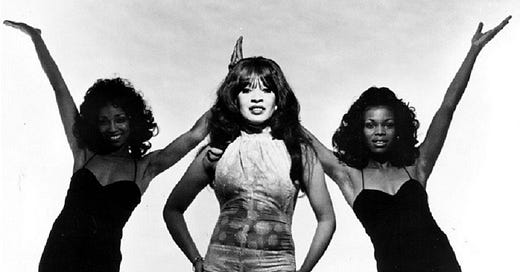

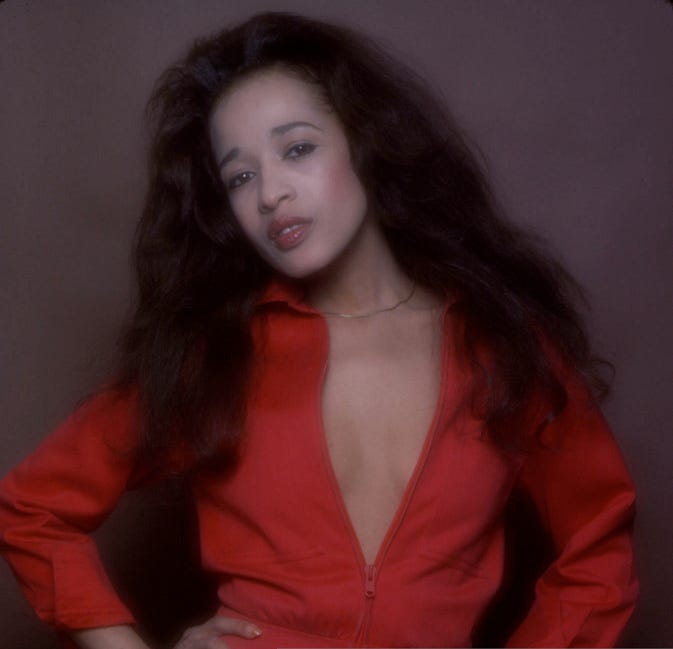
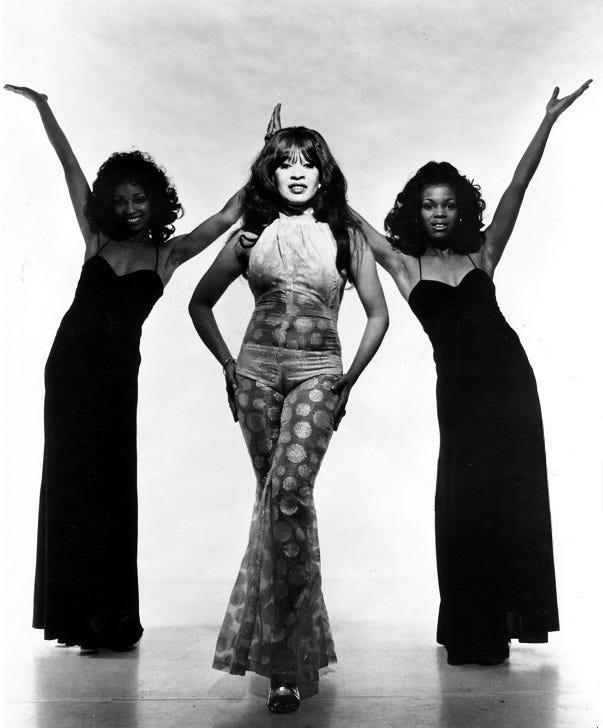
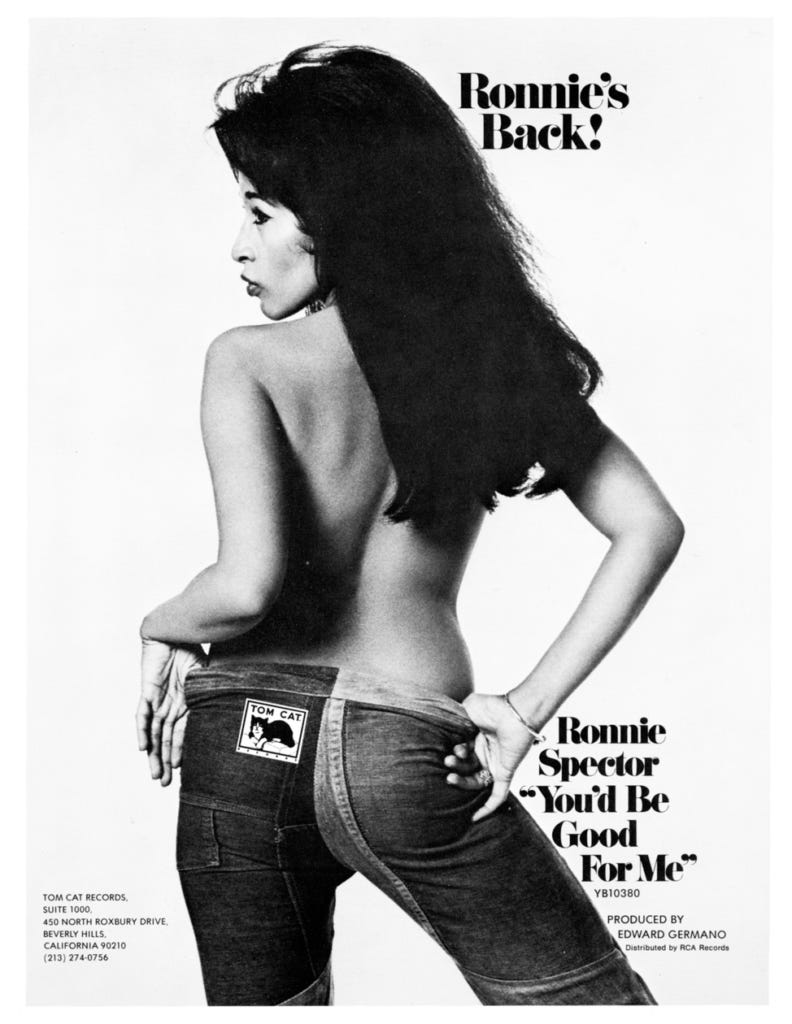
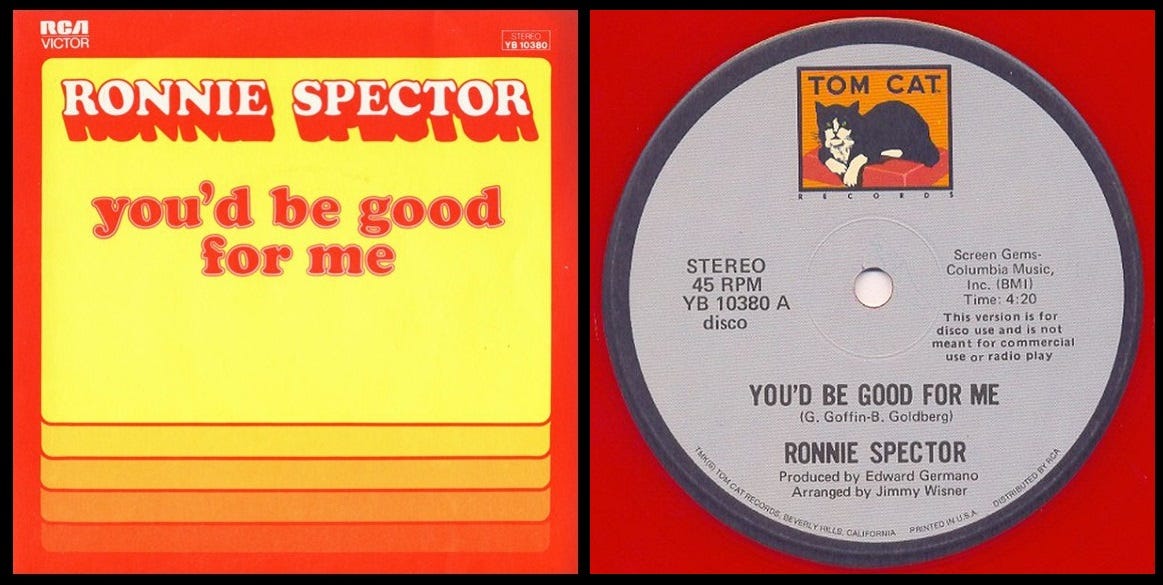

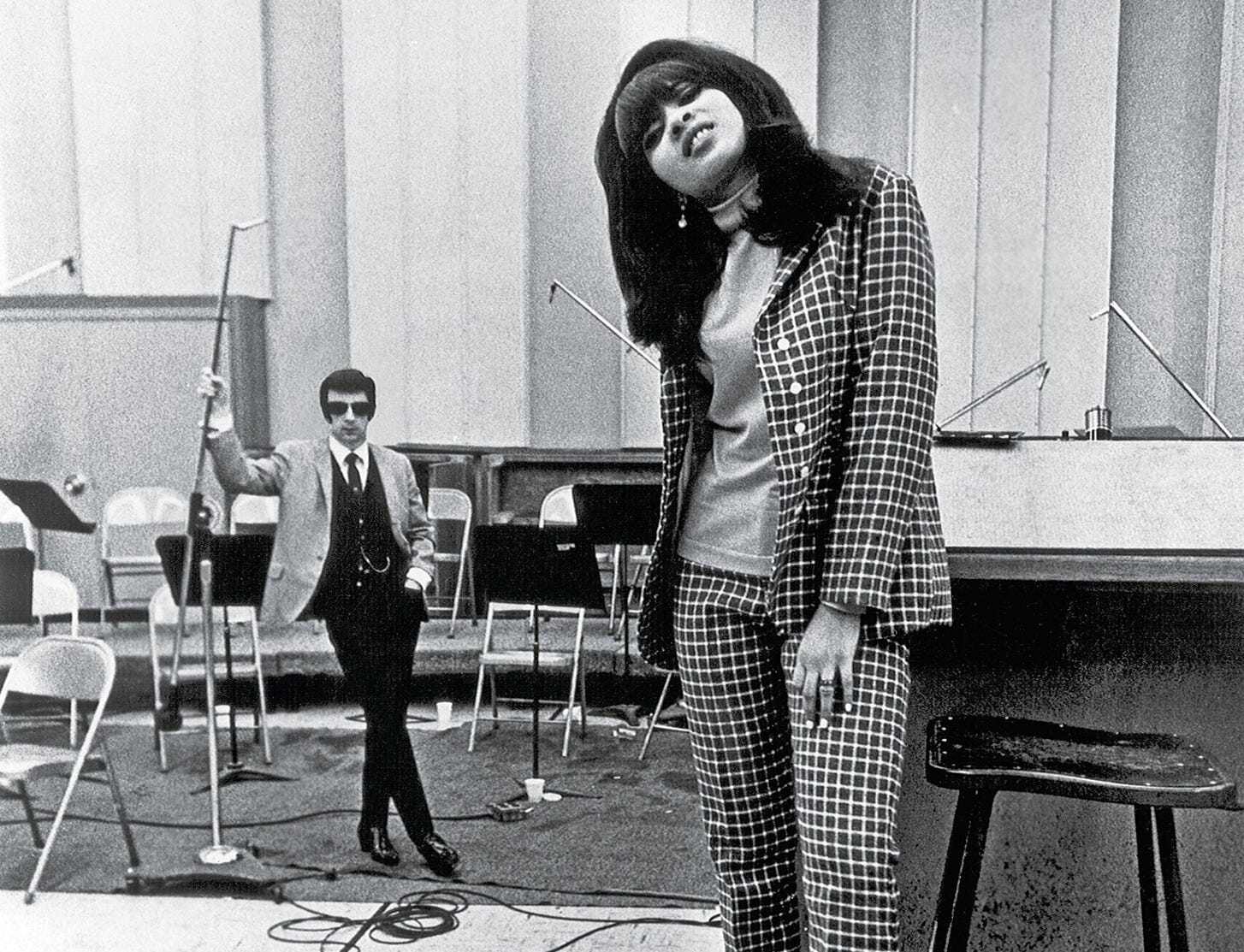
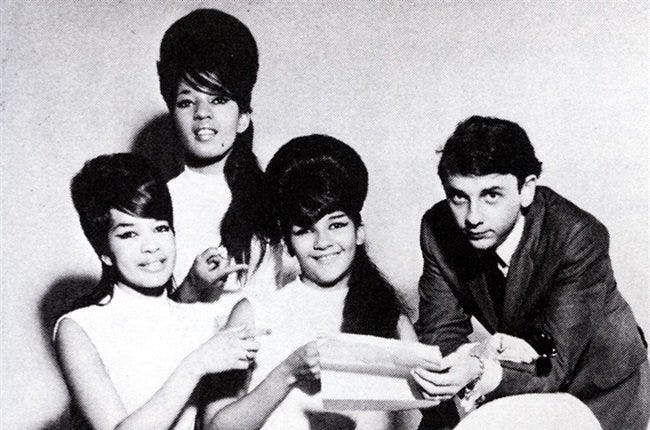
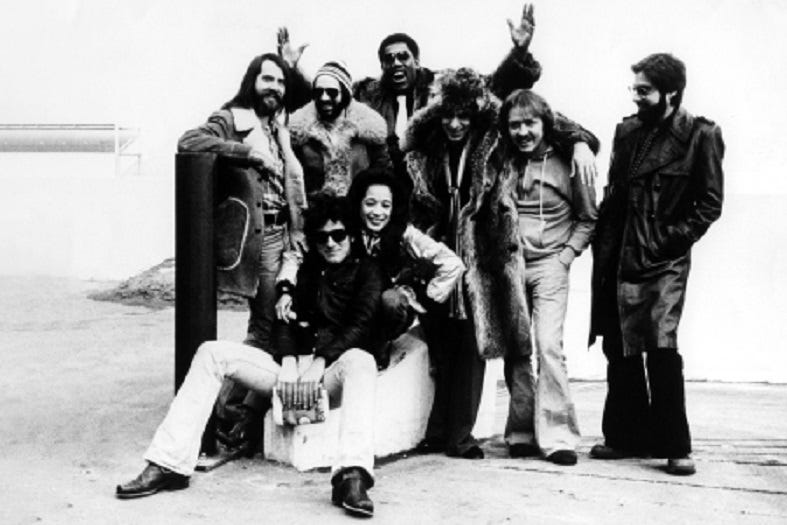

Love her. Just love her so much.
Her memoir was a very interesting read. Spector was out of his mind!!